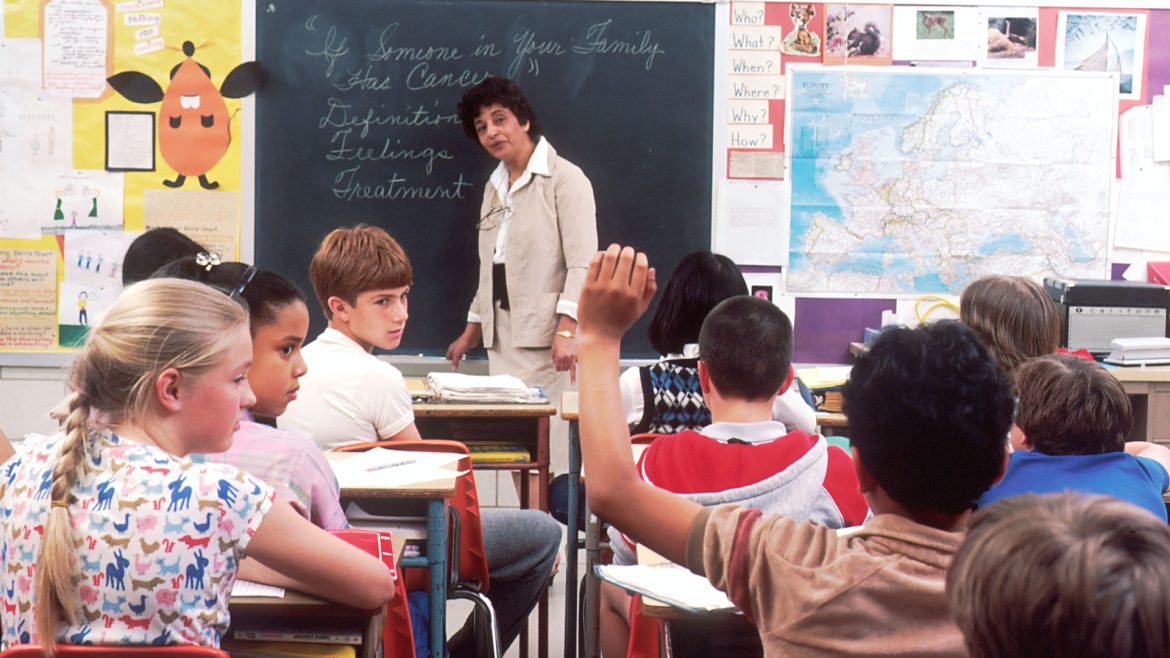A Texas judge recently made a ruling that could have a lasting impact on Title IX protections for LGBTQ students. The case was brought by the Texas Attorney General and aimed to challenge how federal regulations interpret protections against discrimination based on sexual orientation and gender identity.
The ruling asserts that current interpretations of Title IX, which governs civil rights in education, will not include expanded protections for LGBTQ students. This decision precludes the possibility of future federal regulations that may seek to offer additional safeguards under Title IX.
Title IX has been a cornerstone in combating discrimination in educational environments since its inception. It was originally created to enhance equal educational opportunities for women. Over the years, interpretations of Title IX have evolved, reflecting changing societal views on discrimination in education. The ruling from Texas signifies a push against further inclusivity, specifically for LGBTQ individuals in schools.
This decision comes at a time when various states are considering legislation that could limit LGBTQ rights. The Texas Attorney General has been vocal in promoting policies that align with conservative ideologies, often challenging federal guidelines that extend protections to marginalized groups. This ruling is seen as a continuation of those efforts.
Legal experts are tracking the implications of this decision. Some believe it could inspire other states to pursue similar legal actions, while others argue that it may lead to appeals and further legal battles at the federal level.
Supporters of LGBTQ rights express concern over the ruling. They argue that it undermines years of progress towards ensuring equitable treatment for all students. Advocates emphasize the importance of fostering safe and inclusive educational environments that affirm and protect diverse identities.
Opponents of expanding Title IX protections for LGBTQ students contend that they infringe on the rights of religious institutions and others who may disagree with those interpretations. They believe that schools should have the autonomy to set their own policies without federal intervention.

